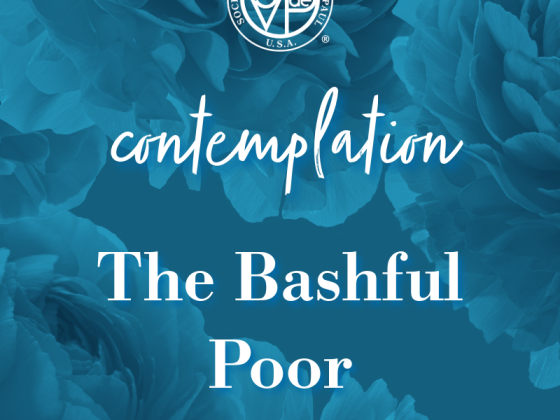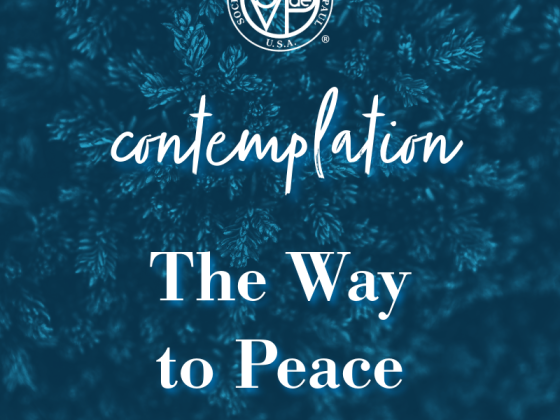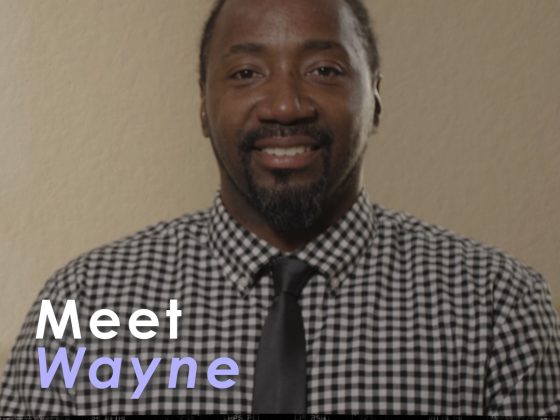In this vocation, we are called to trust, especially in two important ways. First, we are called to trust in Divine Providence. [Manual, 63] Second, we are called “to establish relationships based on trust and friendship” with the neighbor. [Rule, Part I, 1.9] It seems important, then, to examine exactly what it is to trust; what is the meaning of the word?
Our trust in providence is certainly an act of faith. We believe that God will provide. More importantly, we place this trust in Him fully understanding that what he provides may not be at all what we thought we needed; our trust is that He knows better than we do. As St. Vincent puts it, we “Trust fearlessly in Him who has called you, and you will see that all will go well.” [CCD III:136] Trust, then, overcoming fear, is also an act of hope.
God understands our weaknesses, but trusts us, also, and blesses us when we seek to do His will. In this way, we strengthen our relationship with God, and our trust becomes also an act of love. And so, in faith, hope, and love of God, we seek to serve the neighbor because we know this is God’s will.
We seek the face of Christ in the neighbor, we see His suffering in theirs, and, just as with our trust in providence, we seek to establish a relationship based on trust and friendship. This means not only trust in the neighbor; it means earning the neighbor’s trust. Relationships must be mutual. Offering our trust begins with an act of faith — extending the benefit of the doubt. Because we can never know any neighbor’s “whole story,” we always must decide not whether, but at what point, we will extend that benefit of the doubt.
It is helpful to remember St. Vincent’s reminder that “We do not believe a man because he is very learned but because we consider him good and love him.” He goes on to explain the mutuality of this trust, saying that “Do what we will, people will never believe in us if we do not show love and compassion to those whom we wish to believe in us.” [CCD I:276-277] The poor are accustomed to skepticism. By showing instead our faith in them, we earn their trust in us.
We know that there are often times we simply cannot provide the material assistance the neighbor seeks, but by earning their trust, by bearing witness to God’s love through our own, we offer something greater than bread alone: hope. The dictionary even suggests that a synonym for trust is hope, and for Vincentians especially, that makes perfect sense.
If we seek to serve in hope, we must serve also in trust.
Contemplate
How can I better trust, and earn the trust, of the neighbor?




I completely agree with your excellent message about extending trust to those we serve. Unfortunately, I am forced to contrast this laudable sentiment with a recent decision by our National Council that requires the most active and experienced Vincentians to undergo “safeguard training”, and also be background checked, in order to be able to interact with our neighbors in any kind of way that would benefit by this faith-based extension of trust. Perhaps we should first return to the practice of trusting in our fellow members, as Vincentians have done for 188 years prior to now, before advising our fellows to place large helpings of trust in those who seek our help. Requiring a background check for a Vincentian to be able to participate in the offering of services to our neighbors does not strike me as the action of a Society that truly values the placing of a strong and reciprocal spirit of trust in others.